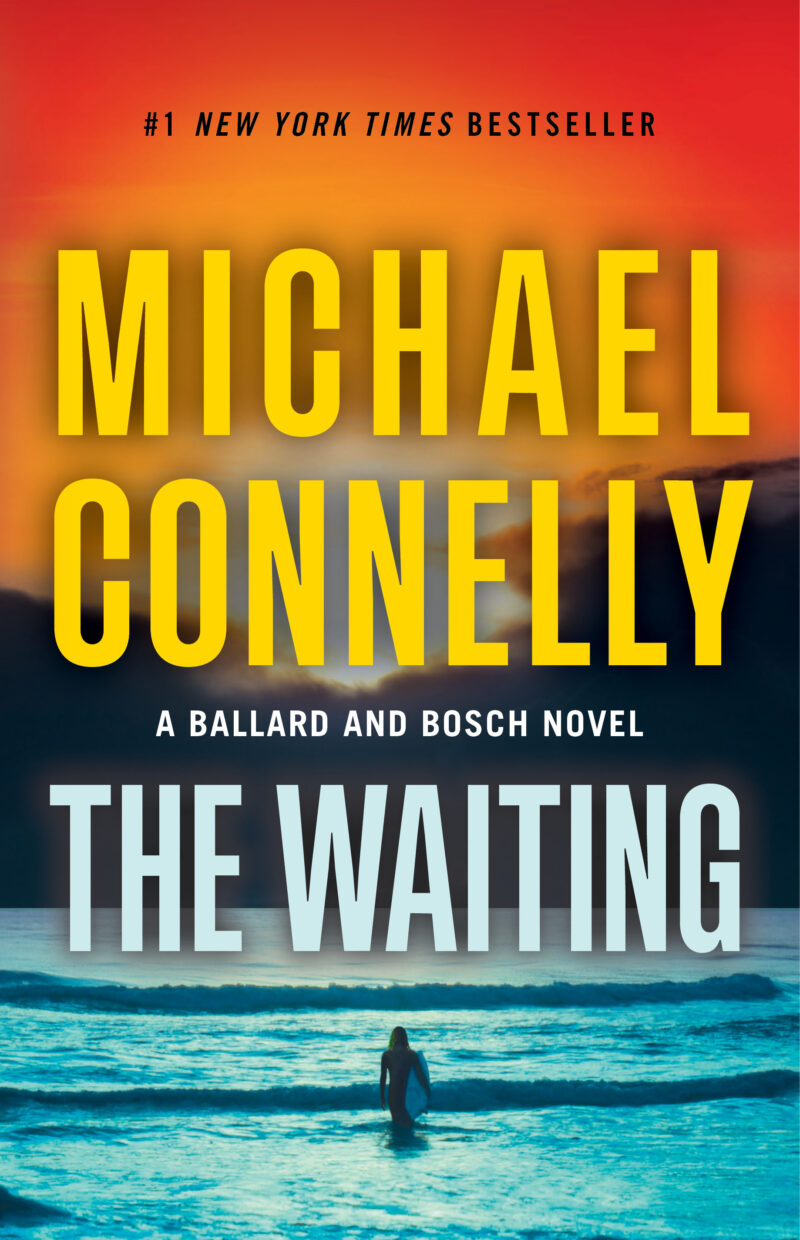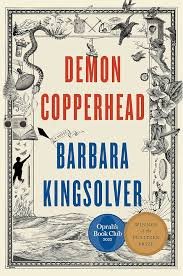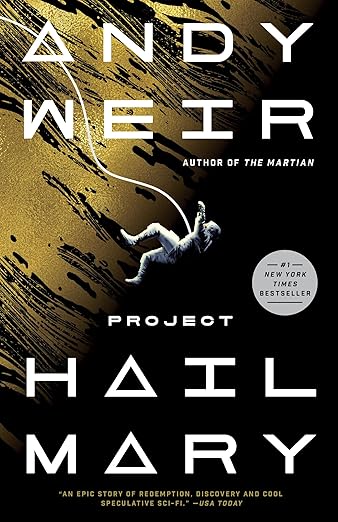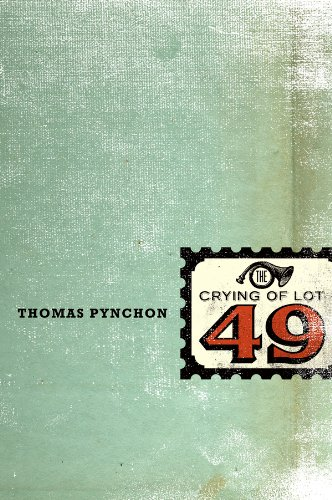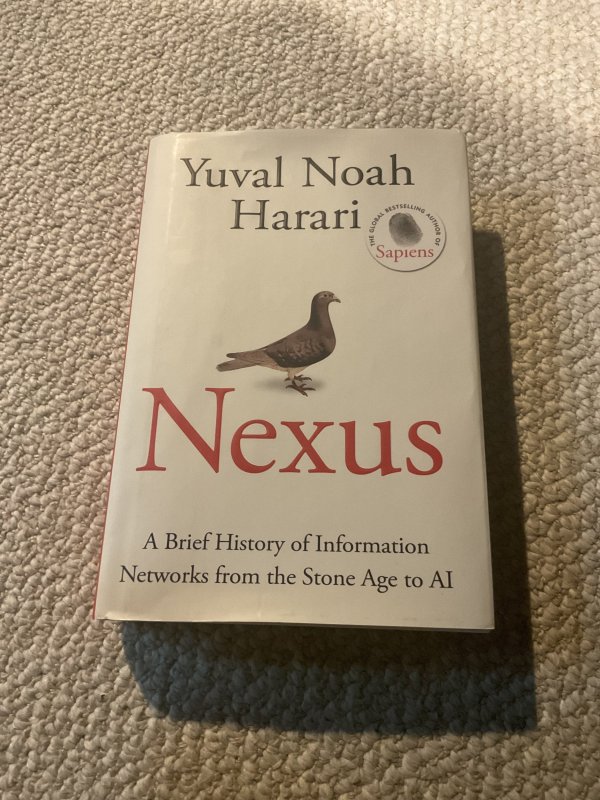
In “Nexus: A Brief History of Information Networks from the Stone Age to AI,” Yuval Noah Harari examines how governments have historically utilized information networks for public surveillance and control. He traces the evolution of these practices from early bureaucratic record-keeping to contemporary AI-driven monitoring systems.
Harari argues that the development of information networks has significantly enhanced governmental power, enabling more effective surveillance and societal control. He highlights that while these networks can be used to maintain order and security, they also pose risks to individual freedoms and privacy. The advent of AI and advanced data analytics has further amplified these capabilities, allowing for unprecedented levels of monitoring and data collection.
To address the challenges posed by modern surveillance technologies, Harari proposes several principles:
• Benevolence: Ensuring that data collection serves to assist individuals rather than manipulate them.
• Decentralization: Preventing the concentration of information in a single entity, whether governmental or private.
• Mutuality: Balancing surveillance of individuals with equivalent oversight of those in power.
• Flexibility: Designing information systems that allow for adaptation and rest, preventing rigidity and overreach.
These principles aim to create a more balanced approach to surveillance, safeguarding democratic values while acknowledging the realities of technological advancement. 
Harari also delves into the implications of AI as an autonomous agent in surveillance, capable of generating and analyzing information independently. This development challenges traditional notions of human oversight and raises ethical concerns about the potential for AI to create its own “inter-computer realities” that could influence human society. 
Overall, “Nexus” provides a comprehensive analysis of the interplay between information networks, governmental surveillance, and societal implications, urging a reevaluation of how these systems are structured and governed in the age of AI.



